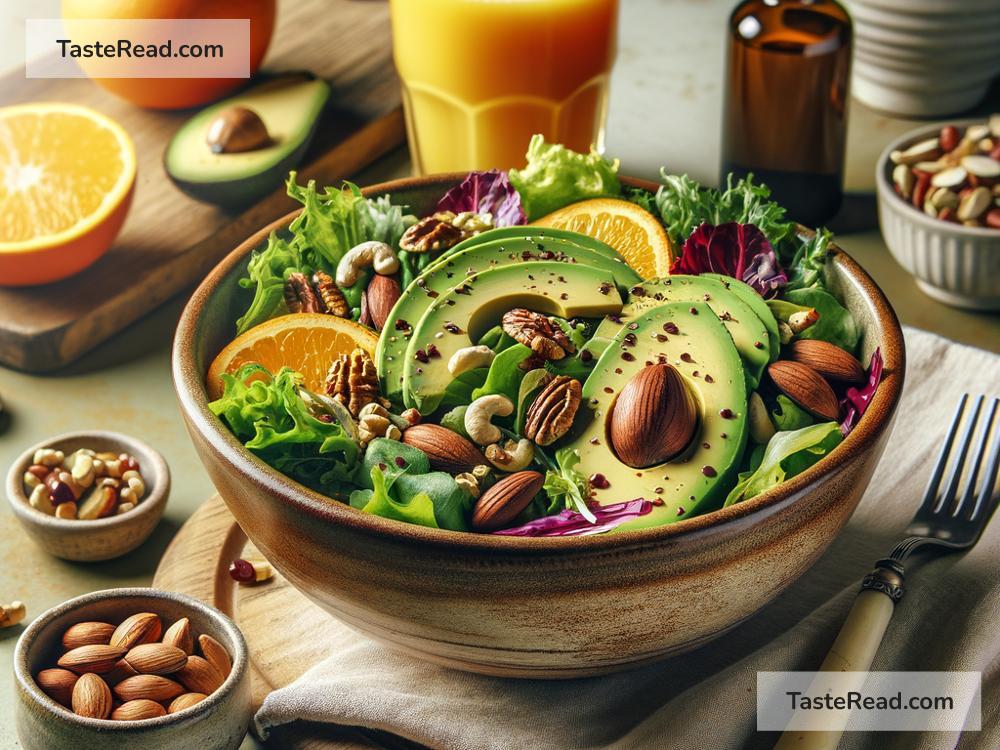The Role of Folate in Pregnancy and Health
Folate, also known as vitamin B9, plays a vital role in keeping our bodies healthy. It’s a vitamin that is especially important during pregnancy, but it benefits everyone. In this blog, we’ll look at what folate is, why it’s important, how to get it from food, and how it supports pregnancy and overall health.
What is Folate?
Folate is a type of B vitamin that helps our cells grow and work properly. It’s involved in making DNA, the body’s genetic material, and it helps in creating new cells. Folate is the natural form found in foods, while “folic acid” is the synthetic version added to supplements and fortified foods.
Our body doesn’t store much folate, so we need to get it regularly from the foods we eat or from supplements. For most people, folate is an essential ingredient that keeps things running smoothly in the body.
Why Is Folate Important?
Folate is a key vitamin for many processes in the body, such as:
-
Cell Growth and Repair: Folate helps create and repair DNA. This is especially important during times of growth, like pregnancy and childhood.
-
Red Blood Cell Formation: Folate helps make red blood cells, which carry oxygen around the body. Without enough folate, you might develop anemia, which can make you feel tired and weak.
-
Brain Health: Folate supports the brain by creating neurotransmitters, the chemicals that allow brain cells to communicate. It helps with mood regulation and may lower the risk of depression.
-
Preventing Chronic Diseases: Studies show that folate may help reduce the risk of heart disease, certain cancers, and cognitive decline.
Folate in Pregnancy
Folate is especially important for pregnant women. During pregnancy, the need for folate increases because it helps the baby grow and develop properly. Here are the biggest reasons folate is critical during pregnancy:
1. Preventing Birth Defects
One of folate’s most important roles in pregnancy is preventing birth defects, especially neural tube defects (NTDs). The neural tube forms the baby’s brain and spinal cord. NTDs, like spina bifida, occur when the neural tube doesn’t close properly during the first few weeks of pregnancy. Folate helps the neural tube develop correctly and reduces the risk of these defects.
2. Supporting Placenta Development
Folate helps build and maintain the placenta, which is essential for delivering oxygen and nutrients to the baby.
3. Assisting Cell Growth
Pregnant women need extra folate because the baby’s cells are growing rapidly. Folate ensures the baby’s tissues and organs form properly.
Because folate is so important in early pregnancy, women should make sure they have enough folate even before they become pregnant. Health experts often recommend taking folic acid supplements to ensure the body has enough of this vitamin.
How Much Folate Do You Need?
The amount of folate you need depends on your age and stage of life. Here’s a general guide:
- Children (4–8 years old): 200 micrograms per day
- Teens (14–18 years old): 400 micrograms per day
- Adults: 400 micrograms per day
- Pregnant Women: 600 micrograms per day
- Breastfeeding Women: 500 micrograms per day
Always check with your doctor to see how much you personally need, especially if you’re pregnant or planning to get pregnant.
Where Can You Get Folate?
You can get folate from food, or you can take supplements like folic acid. Many foods are naturally rich in folate, and some processed foods have added folic acid. Here are some great sources of folate:
Naturally Folate-Rich Foods
- Dark Green Vegetables: Spinach, kale, broccoli, and asparagus are packed with folate.
- Legumes: Lentils, chickpeas, and black beans are excellent sources.
- Citrus Fruits: Oranges, grapefruits, and papayas contain folate.
- Avocados: This creamy fruit is a delicious way to get folate.
- Eggs: A source of folate along with other nutrients.
Fortified Foods
Many cereals, breads, and rice products are fortified with folic acid. These are designed to help people get enough of this important vitamin.
Supplements
Doctors often recommend folic acid supplements, especially for women who are pregnant or trying to become pregnant. These supplements ensure your body has enough folate to support you and your baby.
Signs of Folate Deficiency
If you don’t get enough folate, you can develop certain health problems. Signs of folate deficiency include:
- Feeling tired or weak
- Irritability
- Trouble concentrating
- Anemia (low red blood cell count)
- Increased risk of birth defects during pregnancy
People who drink excessive alcohol, have certain health conditions, or take some medications may find it harder to absorb folate and are more at risk of deficiency.
Conclusion
Folate is a small but mighty vitamin that plays a big role in health. It helps your body grow, repair cells, make red blood cells, and stay strong. For women who are pregnant or planning to be, folate is especially crucial for supporting a healthy pregnancy and preventing birth defects.
Getting enough folate is easy when you eat a balanced diet full of leafy greens, fruits, legumes, and fortified grains. If you’re pregnant or have special needs, supplements are a great option to ensure you meet your daily requirements.
By understanding the importance of folate, you can make better choices for a healthier future—for yourself and your family!


